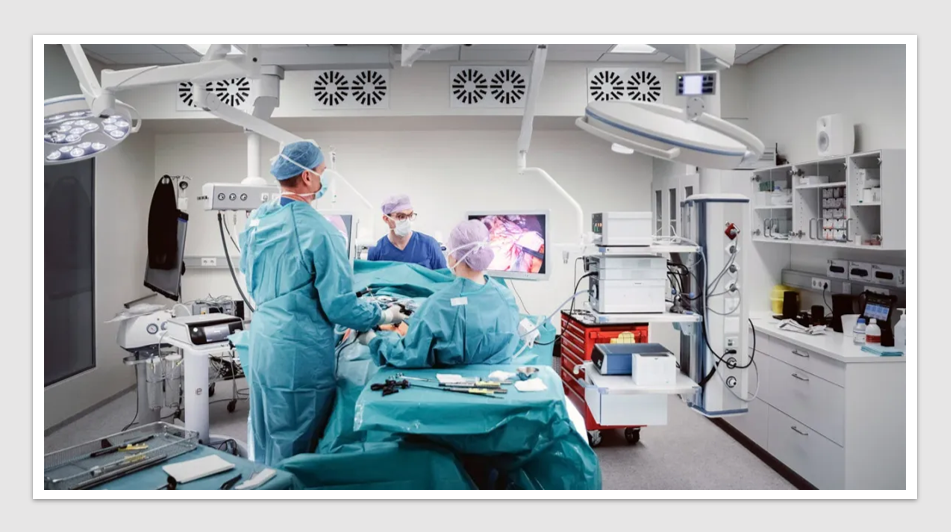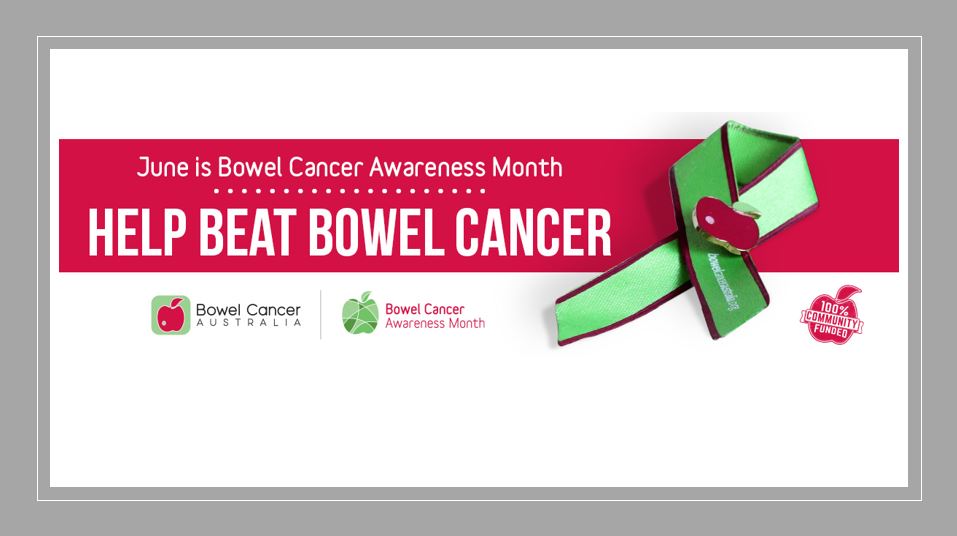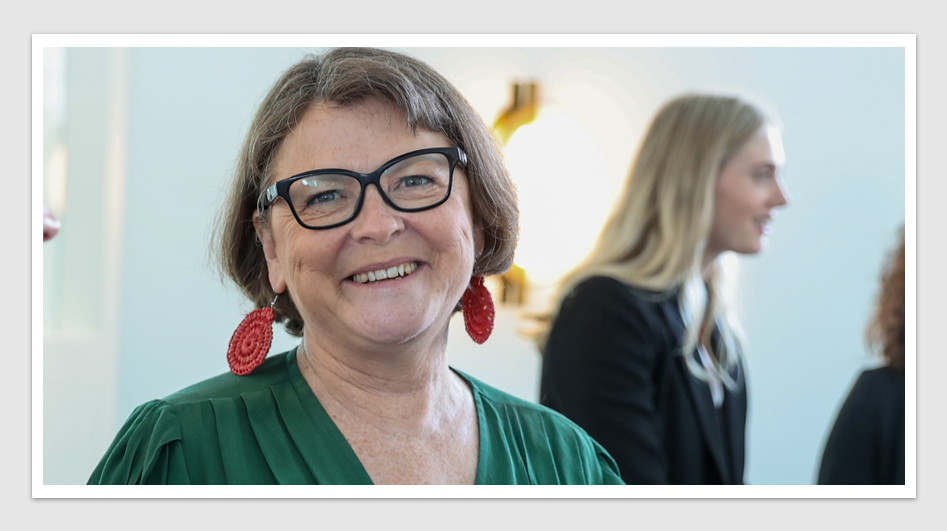ESG
Timely bowel cancer diagnosis important even during COVID-19
In line with Bowel Cancer Awareness Month in June, Australians are being urged that despite uncertainties due to COVID-19, early detection of the disease cannot and should not stop, even during a pandemic.
The sharp decline in GP visits for people seeking treatment in the wake of the pandemic could result in bowel cancers being undiagnosed, or prolong the time to diagnosis, leading to poorer long-term outcomes.
The anticipated colonoscopy backlog due to the cancellation of all but Category 1 urgent procedures on March 25 is expected to further compound public hospital wait times, which already exceeded medically recommended waits of 30 days pre-pandemic.
Colorectal surgeon and Bowel Cancer Australia Director, A/Prof Graham Newstead AM said “As colonoscopy becomes more readily available due to the reinstatement of elective surgeries, it is imperative people with bowel cancer symptoms or a positive test result contact their GP for further investigation.”
“The colonoscopy wait-time clock starts from the first GP visit. Improvements we were seeing in public hospital wait-times that had taken years, will have disappeared in weeks,” said Dr Newstead.
“Unfortunately, we will not know the full impact of delays in diagnosis for years as publicly available data lags real time and is typically released two to four years later.”
“Bowel cancer care is not elective and timely diagnosis is paramount. We know when bowel cancer is detected in the earliest stages, almost 99 percent of cases can be successfully treated,” said Dr Newstead.
“However, if we are dealing with months of delays in diagnosis, these can impact long-term outcomes. We want to prevent polyps turning into early stage cancers, and avoid stage 3 bowel cancers becoming Stage 4, for example, where the chance of surviving 5-years after diagnosis falls from 71% to 13%,” he added.
“Visible symptoms are NOT NORMAL. They require prompt investigation to rule out anything sinister as the underlying cause.”
“Australians are already experiencing heightened stress in the wake of COVID-19. A prolonged diagnosis for people experiencing symptoms or those with a positive test result can further contribute to the worry, especially not knowing if cancer is present or not,” Dr Newstead said.
With over 325 new cases and 108 deaths estimated weekly, during Bowel Cancer Awareness Month this June, Australian’s are reminded that despite the new normal, some things remain NOT NORMAL.
Gemma, diagnosed with Stage 3 bowel cancer, said “At 35 with two young children aged 4 and 6 – bowel cancer was the last thing on the doctor’s mind but I knew something wasn’t right when I began vomiting after food. The doctor simply put it down to a ‘tummy bug’ (even though the episodes were 2 months apart) then ‘digestion issues’ as I have no family history of the illness and my age wasn’t of concern and my bloods were okay.”
 In alignment with the Government’s mental health initiative the #SelfcareInHealthcare campaign has been launched to support Pharma, Biotech and MedTech industry professionals. The initiative is supported by Medicines Australia, AusBiotech, MTAA and ARCS Australia. Learn more.
In alignment with the Government’s mental health initiative the #SelfcareInHealthcare campaign has been launched to support Pharma, Biotech and MedTech industry professionals. The initiative is supported by Medicines Australia, AusBiotech, MTAA and ARCS Australia. Learn more.
“It was me seeking a referral to a Gastroenterologist and having a very painful bowel obstruction that sent me to emergency surgery for a bowel resection after a stage 3 tumour had been identified in my colon. I am shortly due to commence chemotherapy and I am only just beginning this journey.”
“I had my surgery when COVID-19 was in full swing, but the hospital was amazing with everything quarantined and isolated. The only impact COVID-19 had on me in hospital was the inability to see my children for 9 days given only one nominated visitor at a time was allowed.”
“My message to everyone – please present if you have symptoms as they can’t be ignored, and the best chance of survival is getting it early. Additionally, please persist with doctors and ask the questions or seek referrals to specialists if you feel something is wrong.”
Get involved and raise awareness by visiting the Bowel Cancer Australia website.
News & Trends - MedTech & Diagnostics

Bariatric surgery trumps Novo Nordisk’s Wegovy in cost-effectiveness and durability
MedTech & Diagnostics News: Bariatric surgery emerges as cost-effective, boasting superior and enduring weight loss outcomes over a five-year span […]
MoreNews & Trends - Pharmaceuticals

Aussie digital health company hits new milestone in AstraZeneca partnership
Pharma News: Fewer than 50% of asthma patients adhere to their prescribed preventative medications. An Australian digital health company has […]
MoreDigital & Innovation

Medical drone to reduce health equity gaps in rural and remote Australia
A specialised medical drone which increases accessibility to essential health services such as pathology, medicines, and telehealth services in rural […]
More
